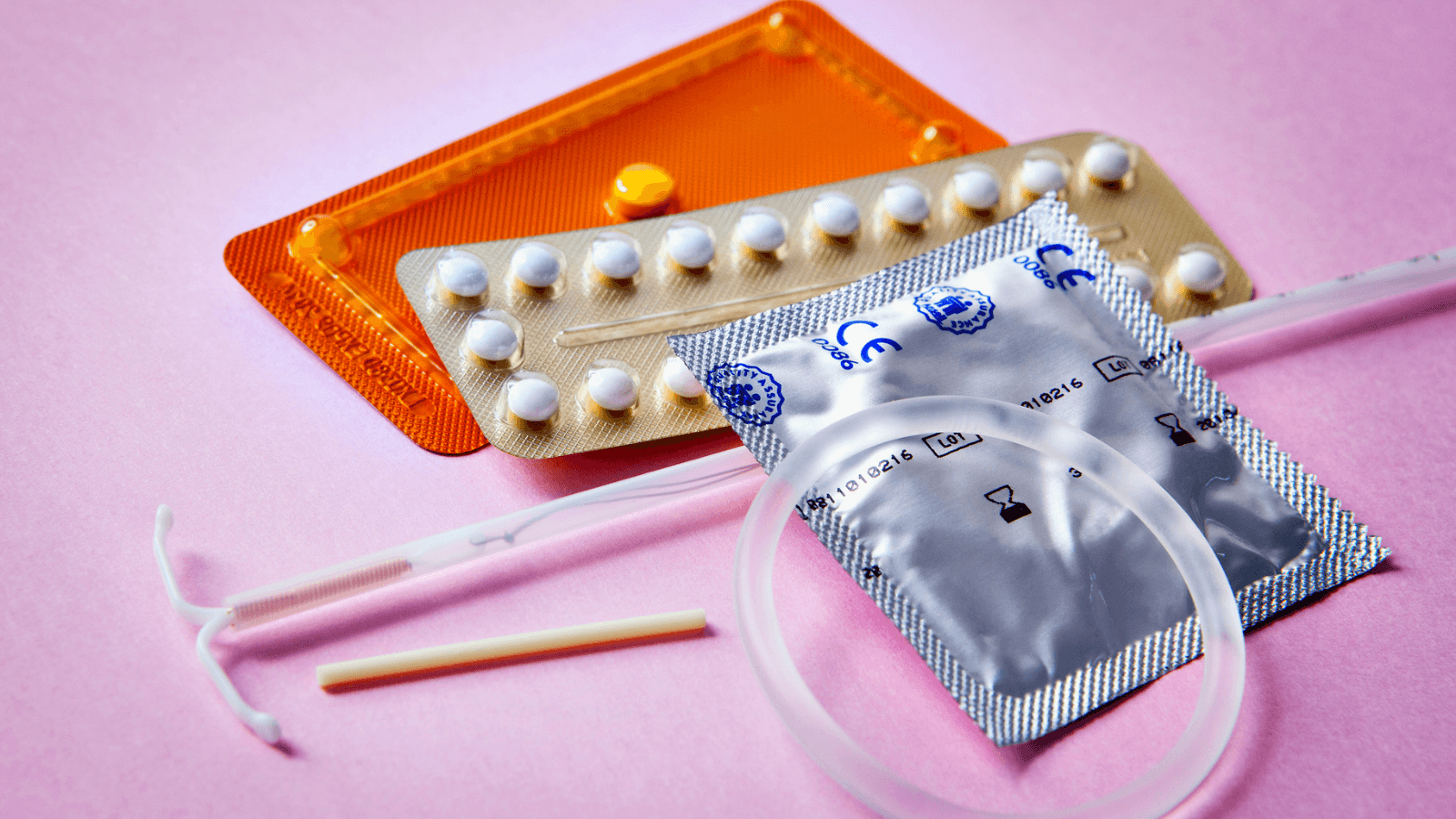
Whether you are considering birth control options, planning a pregnancy, experiencing menopause or you just need reproductive health care, you are welcome at MCHD Clinical Services. Services also include breast and cervical screenings, STI screenings and treatment and mammogram referrals.
Family Planning:
- MCHD provides family planning services and education in partnership with the West Virginia Family Planning Program. Free or low-cost confidential services are available for any female or male of childbearing age, including adolescents. This clinic is by appointment only. Call 304-598-5119.
BCCSP
- The West Virginia Breast and Cervical Cancer Screening Program is a gynecology program offered to West Virginia women between the ages of 24-65. For those who qualify these services are offered free of charge.
Pregnancy Testing
- Monongalia County Health Department offers yearly exams and prenatal vitamins, as well as free and or low-cost pregnancy testing. Urine pregnancy testing is offered for those needing confirmation, counseling and referrals. MCHD WIC offers nutritional packages, counseling and breastfeeding support for pregnant and postpartum women and children up to the age of 5 who qualify.
Complete Gynecology Exams
- Complete gynecology exams are offered, including Pap tests, breast exams and STI screening.
Birth Control
- MCHD Clinical Services offers a large variety of free or low-cost birth control options. Our friendly, non-judgmental and Safe Zone-trained (by the WVU LGBTQ+ Center) nurses are happy to discuss the ins and outs of all the different types offered to help patients figure out what’s right for them.
You might want to ask yourself some questions like, 'Are you good at remembering to take a pill every day?' 'Would you prefer a more discreet method?' 'Would you like something that requires little maintenance for a few weeks, a few months or even a few years?'
We’ll start with the most popular option, which is…
Oral contraceptive (The Pill) — There are two different types of oral contraception. The most common, combination pills, have both estrogen and progestin. The other type has only progestin. MCHD carries both types and several different brands. If taken daily at the same time as prescribed, it’s 99.7% effective, but in reality, it’s about 93% effective.
Depo-Provera — Depo-Provera is a long-acting injectable form of birth control that works well if you always get it on time. It’s typically 96% effective. You get it once every three months. It’s safe, convenient and private.
The Patch — The transdermal contraceptive patch is safe, convenient and works really well if you always use it correctly. You wear the patch on certain parts of your body and it releases hormones through your skin that prevent pregnancy. It’s typically about 93% effective and you change it once a week.
NuvaRing — NuvaRing vaginal contraceptive is a safe and convenient birth control method that is typically 93% effective. You wear a small, flexible ring inside your vagina and it prevents pregnancy by releasing hormones into your body. NuvaRing is changed monthly and can be also used to skip periods.
Emergency contraception (Plan B) — Emergency contraception is sometimes referred to as the “morning after pill.” It works up to five days after unprotected sex to help prevent pregnancy before it starts. The sooner you take it, the better it works. You can purchase it without an ID or a prescription, and it won’t hurt your chances of getting pregnant in the future.
IUD (intrauterine device) — An IUD is a tiny device that is placed into the uterus to prevent pregnancy. It’s long-term, reversible and one of the most effective birth control methods. You can have the IUD removed any time if you want to get pregnant.
Condoms — Condoms are a barrier method of birth control that the male wears. If used perfectly every time, the effectiveness is 98%, but in reality, that figure is actually about 85%. Condoms also help prevent sexually transmitted infections. Condoms can be used in conjunction with spermicide and/or other types of birth control.
Nexplanon — This birth control implant goes under the skin in the arm. It lasts for three years and is 99% effective. It uses a hormone that stops an egg from being released by an ovary and prevents sperm from reaching the egg.
Fertility Awareness (natural family planning) — This method teaches ways to track ovulation, via temperature, mucus changes and keeping a calendar. This method requires abstaining from sex during certain times of the month. It can also be used when trying to get pregnant.
Vasectomy — A vasectomy is a surgical birth control method for males. It's done by cutting and sealing the tubes that carry sperm in order to stop the supply of sperm to your semen. Vasectomy has a low risk of problems and can usually be performed in an outpatient setting under local anesthesia.
Sterilization — Surgical methods of birth control for females include tubal ligation or bilateral salpingectomy. Tubal ligation permanently closes, cuts or removes pieces of your fallopian tubes. Bilateral salpingectomy removes your fallopian tubes entirely.
While MCHD Clinical Services does not offer surgical methods, our nurses can help with referrals for tubal ligations and vasectomies, including for people without insurance. - Bedsider.org provides helpful information on birth control options and much more.
Call 304-598-5119 to make an appointment and figure out which birth control is best for you.